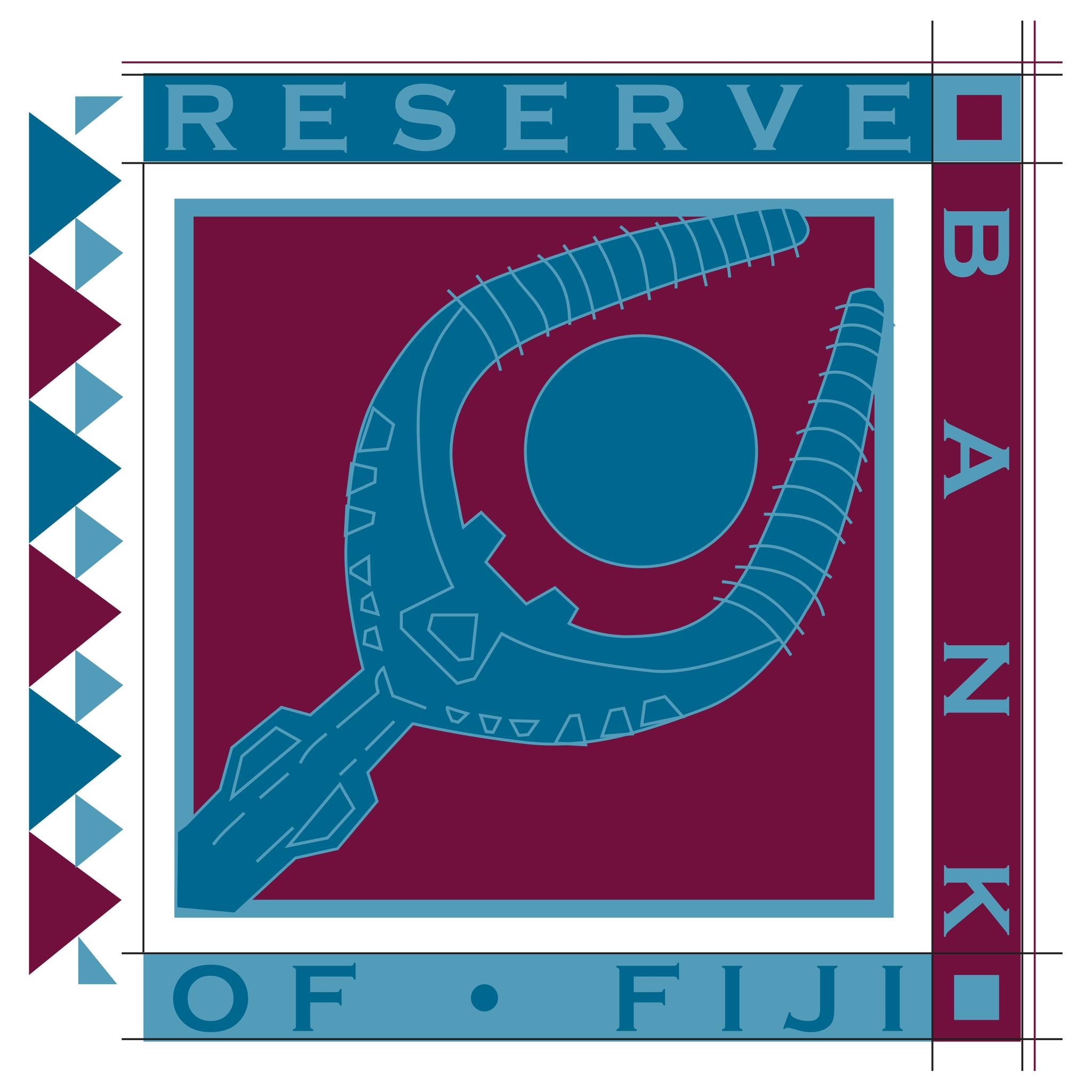Fiji recorded a significant drop in annual headline inflation in October, with the Fiji Bureau of Statistics reporting a rate of -3.4 percent, compared with 2.2 percent in the same month last year.
The decline was driven largely by falling prices for food and non-alcoholic beverages, transport, cooking gas and fuel, which more than offset increases in other categories such as alcoholic beverages, restaurants and hotels, and various services.
The Reserve Bank of Fiji said in its monthly review foreign reserves remain robust at $3.8 billion, enough to cover 5.8 months of retained imports.
Economic activity continues to trend positively. Visitor arrivals reached 823,409 in the year to October—a slight 0.1 percent annual increase. Growth from the United States, Pacific Islands, the UK and Europe helped counter weaker arrivals from Fiji’s traditional markets of Australia and New Zealand.
RBF adds consumption remained strong, supported by higher incomes, sustained remittances, fiscal support, and the lower VAT rate. Investment also improved, with a rise in construction projects amid easing prices for building materials.
Sector performance was mixed, with timber and electricity output posting gains, while sugar, mineral water and gold ore production declined due to industry-specific challenges.
Private sector credit grew 9.8 percent in October, further bolstering aggregate demand. A 7.9 percent increase in government expenditure over the first nine months of 2025 has also contributed to strengthening economic momentum.
These developments have led to an upward revision of Fiji’s 2025 economic growth forecast to 3.4 percent, up from the 3.2 percent projected in June.
Despite the positive indicators, Reserve Bank of Fiji Governor Ariff Ali warned that uncertainties persist.
“While trade tensions have eased somewhat, particularly between the US and China, geopolitical risks remain elevated,” he said.
“New frictions are emerging, especially around nuclear testing among major powers.”
The Governor also highlighted weather-related threats.
“The current cyclone season poses downside risks to the domestic economy, with forecasts indicating the likelihood of one to two cyclones,” he cautioned.



